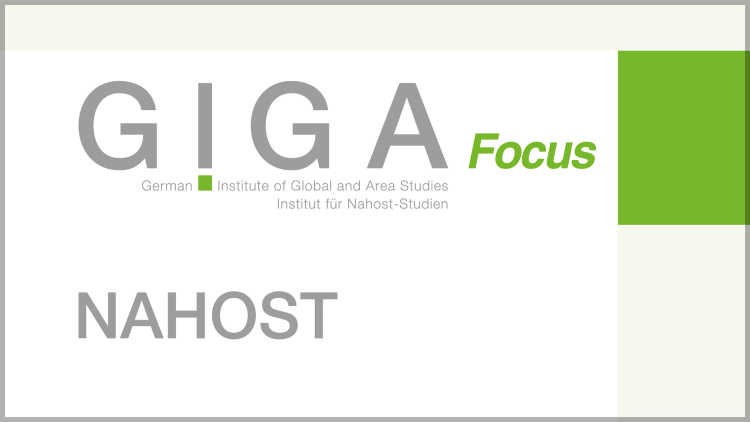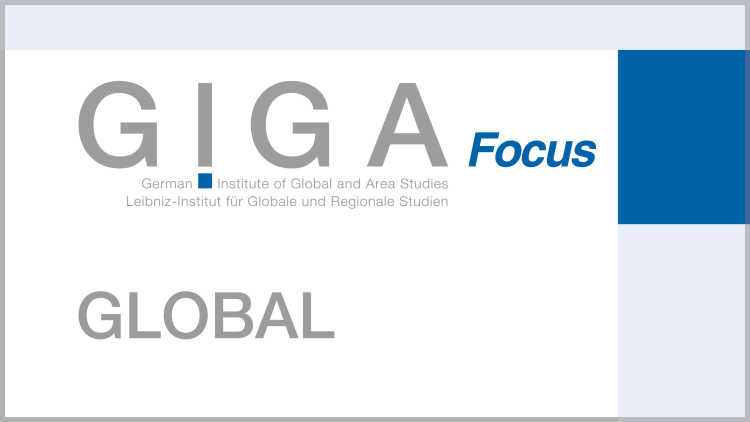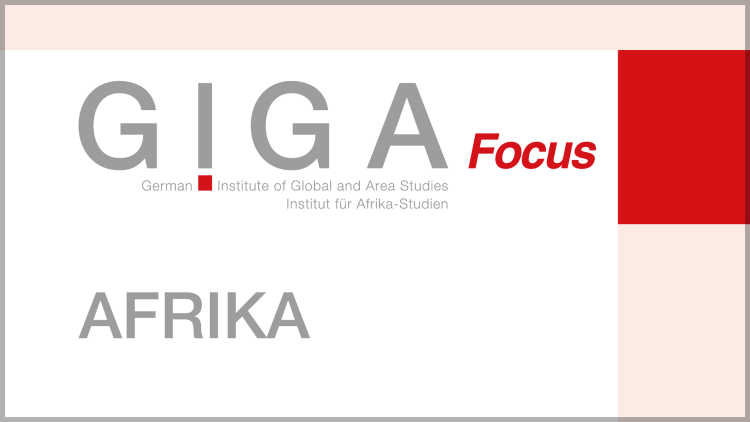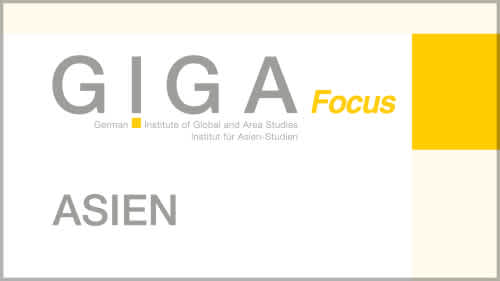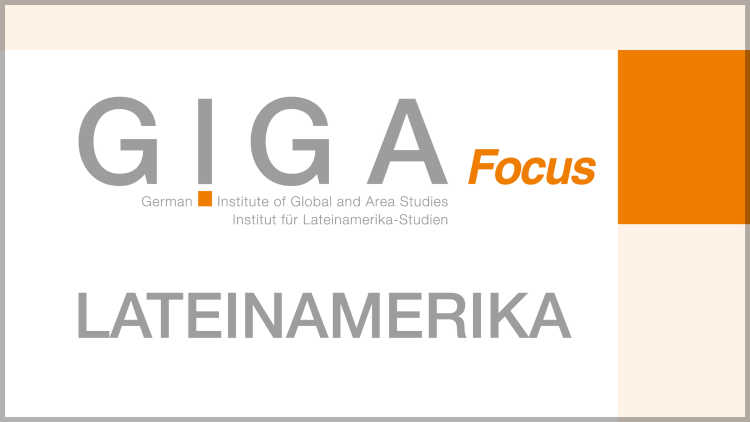- Startseite
- Publikationen
- GIGA Focus
- Peace through Constitutional Amendment? Opportunities and Tendencies
GIGA Focus International Edition English
Peace through Constitutional Amendment? Opportunities and Tendencies
Nummer 2 | 2011 | ISSN: 1862-3581
On 9 July 2011 the validity of Sudan’s interim constitution will end and South Sudan will be independent as determined per referendum. For five years, the constitution has contributed to a significant decrease in violence between the government and South Sudanese rebels (while war has been rampaging in the province of Darfur).
Analysis
The events in South Sudan could be paradigmatic for the fact that opportunities for a policy of peace by means of constitutional amendments are often missed.
Constitutional amendments offer an extensive range of possibilities for exerting influence on ethnically or otherwise divided societies. However, this potential is rarely put to use.
The constitutional determination of the form of government, the main rules for decision-making and minority rights should be particularly binding for all former warring parties.
Constitutional amendments and peace agreements in intra-state conflicts form a complex relationship to one another. Constitutional amendments do not always follow peace agreements. Peace processes and processes of constitutional reform are often long and multipartite.
Between 2005 and 2010, there were only four countries (Burundi, Iraq, Nepal, Sudan) in Africa, Asia, Latin America and the MENA region with divided societies where a peace agreement and a significant constitutional amendment that affected the root causes of the conflict occurred.
Nevertheless, other cases in which constitutional amendments are either a) used as prevention against conflicts or b) can be seen as lessons learned from long-lasting tensions (Bolivia, Ecuador, Kenya, Zanzibar/Tanzania) exist.
Fußnoten
Regionalinstitute
Forschungsschwerpunkte
Wie man diesen Artikel zitiert
Mehler, Andreas (2011), Peace through Constitutional Amendment? Opportunities and Tendencies, GIGA Focus International Edition English, 2, Hamburg: German Institute for Global and Area Studies (GIGA), http://nbn-resolving.de/urn:nbn:de:0168-ssoar-288999
Impressum
Der GIGA Focus ist eine Open-Access-Publikation. Sie kann kostenfrei im Internet gelesen und heruntergeladen werden unter www.giga-hamburg.de/de/publikationen/giga-focus und darf gemäß den Bedingungen der Creative-Commons-Lizenz Attribution-No Derivative Works 3.0 frei vervielfältigt, verbreitet und öffentlich zugänglich gemacht werden. Dies umfasst insbesondere: korrekte Angabe der Erstveröffentlichung als GIGA Focus, keine Bearbeitung oder Kürzung.
Das German Institute for Global and Area Studies (GIGA) – Leibniz-Institut für Globale und Regionale Studien in Hamburg gibt Focus-Reihen zu Afrika, Asien, Lateinamerika, Nahost und zu globalen Fragen heraus. Der GIGA Focus wird vom GIGA redaktionell gestaltet. Die vertretenen Auffassungen stellen die der Autorinnen und Autoren und nicht unbedingt die des Instituts dar. Die Verfassenden sind für den Inhalt ihrer Beiträge verantwortlich. Irrtümer und Auslassungen bleiben vorbehalten. Das GIGA und die Autorinnen und Autoren haften nicht für Richtigkeit und Vollständigkeit oder für Konsequenzen, die sich aus der Nutzung der bereitgestellten Informationen ergeben.

